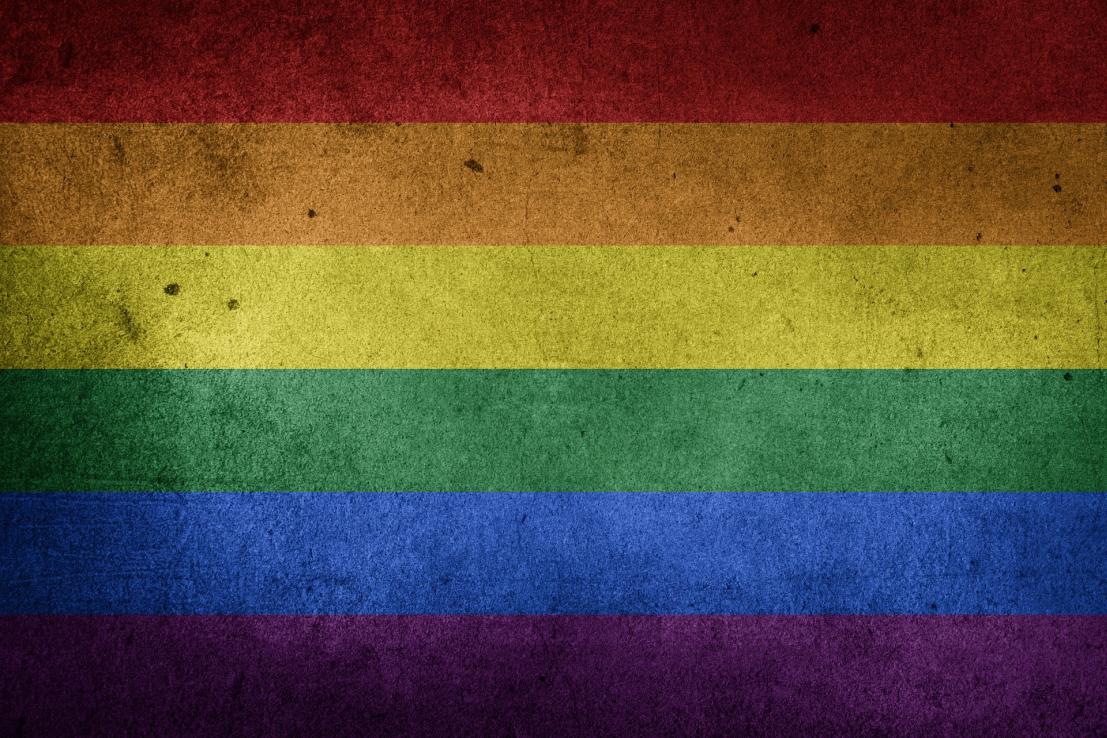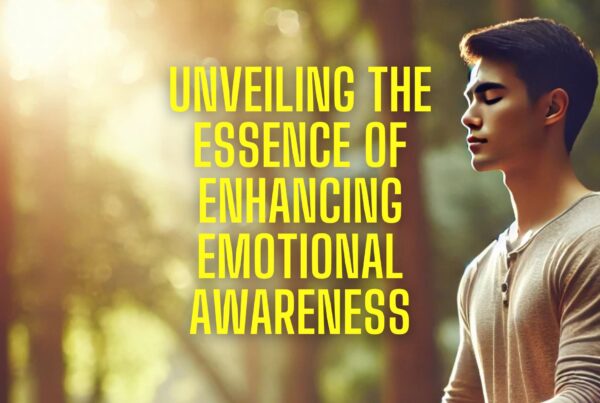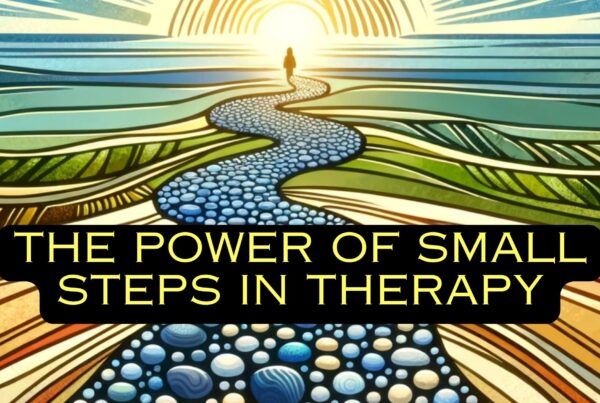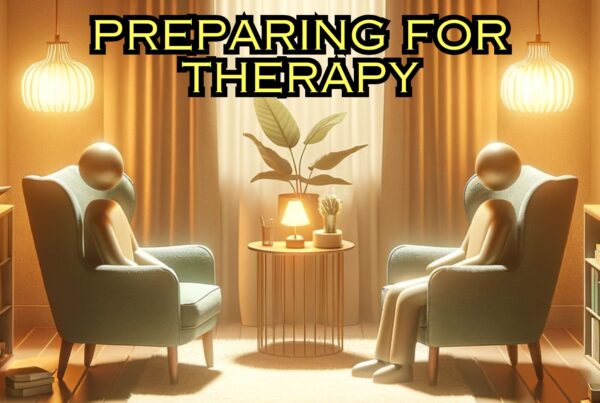Can you name 86 ‘sexual labels’? Sexual Fluidity and the LGBT Community.
Can you name 86 ‘sexual labels’?
OUTthink is a podcast that talks about issues that affect LGBTQIA+ mental health.
The following is a transcript of a chat with Lisa Torney, Sex Therapist, regarding sexual fluidity and the LGBTQIA Community.
OUTthink is now available to download or stream now from iTunes, Youtube and Podomatic.
Lawrence Akers:
Hi, welcome to OUTthink. I’m Lawrence Akers. I’m a clinical hypnotherapist, member of the LGBTQI community, and a passionate advocate for mental health. These podcasts have been made in hope of sharing insight into issues that impact on the LGBTQI community and I’m going to pass it over to my guest for this week to introduce herself.
Lisa Torney:
Hi Lawrence, my name is Lisa Torney, and I’m a counselor and sex therapist.
LA:
Excellent. So that’s going to make this one perhaps a little bit more saucier than usual we can expect. This week’s episode is looking at sexual fluidity and the pros and cons around that. So I guess the first obvious question is what is sexual fluidity?
LT:
Well, that’s a term that describes the way people feel about their sexuality, sexual interests, there was some thinking once that you only were attracted to men or women and that you couldn’t be attracted to both. And now language has changed and our culture has changed that we are thinking more around people being attracted at various times to different people in their lives. It doesn’t have to be a straight, linear process like sexuality once was considered.
LA:
When you consider that we have this massive acronym — LGBTQIA+ and that has grown significantly over the last decade especially — why do you think it is that we continue to reach out into new labels, new areas there?
LT:
Well, I think it’s reflective of changing social norms, Lawrence. People have far more varied interests now. Media plays a big part as well in our changing social norms. There’s more representation in the media now of people in the LGBTI community and there’s more awareness. And so with more awareness I think there’s also — some studies say there’s more acceptance as well and less stigma around people who want to express themselves in various ways.
LA:
I think back to the 90s when I was on the gay scene then. And I recall there being quite a bit of internalized phobia within the community around certain other sections of the community. Do you think as it becomes more diverse that we may see that internalized phobia decreased? Or is it likely, perhaps, to increase?
LT:
I like to think that it’s decreasing. You have to be careful not to talk in generalizations, I think, because everybody’s experience is individual, for some people, they may feel shame, and stigma and other people might feel completely supported by others. So it’s all a bit relative I think, but I like to think that with more of a sort of public acceptance around people’s sexual expressions that there is some lessening of those judgmental attitudes of people.
LA:
I know from my experience in talking to people that I’ll describe sexuality as being on one end of the scale you have as being 100 percent gay. The other end of the scale you have 100 percent straight, and in the middle you have this incredible diversity of different preferences and orientations. This obviously is reflective of Kinsey. Tell us a little bit about that landmark research.
LT:
Well, the Kinsey Reports back in the 50s were groundbreaking and quite controversial and you did a continuum of sexual orientation. And at the time it was suggested that sexuality had a fixed orientation and therefore a limited availability and fluidity in sexual orientation. And — but what we’re now seeing is that there’s more language now around sexual identity labels that reflects the societal attitudes and changes. And you’re right, it was where did you fall on the Kinsey scale? And Kinsey — his research was massive. He interviewed just hundreds of thousands of people over the course of his career. And when his first report came out, people were shocked to see how much interest there was in bisexual sexual activity — attraction to people of the same gender. Along with a lot of other activities that people may have been doing, but not actually acknowledging that they were involved in. So, it lifted the lid pretty much on what was happening in America at the time. Met with quite a lot of consternation and also had funding pulled. There’s a terrific film called Kinsey, which is a really great insight into his work and the passion that he had to try to learn more and discover more about sexual functioning and behavior.
LA:
Let’s talk about bisexuality. I have had debates with people in the past about if bisexuality even exists, which I find an interesting debate. Like I said to you earlier, it’s not like fairies at the back of the garden or trolls living under a bridge. Bisexuals really do exist. But I think it’s more about if people believe that they truly are bisexual or if this is some kind of stepping stone from, you know, transitioning from being straight to being gay. What’s been your experience around bisexuality?
LT:
Again, it’s an individual experience. Some people will, as we talked about earlier, be transitioning. Say men perhaps who may have been in a female relationship identified as straight, maybe had children, later in their life realized they were attracted to men. Maybe always felt that way, but didn’t feel through societal pressures that they could express their sexuality and later on realized that they did want to come out and live as gay men. There are other people who I think struggle with feeling if you’re not attracted equally to men and women, 50 percent either, are you really, truly bisexual? And have grappled with some difficulties around that. So, again, it’s different things to different people I think.
LA:
It’s interesting you said a 50-50 split. Is there a ratio that allows you to be truly bisexual? Does it have to be like a 70 percent minimum? It seems like it’s a strange way to view it.
LT:
I think it’s just societal pressure. Well, if you like men and women, you must like them equally, and if you don’t like them equally, then you’re really not truly a bisexual person. Or if you like men 75 percent and women only 25 percent, well, maybe it’s just a phase you’re passing through. So, I think old school thinking might have thought that was more of a 50-50 thing, but I think that there’s much more fluidity around that now where people don’t feel as pigeonholed into I need to feel attracted equally.
LA:
I think that in some ways — you know, I don’t feel sympathy. I think that’s kind of the same thing. But I do feel empathy for the bisexuals that exist because of the fact that in some ways they’re kind of shunned from the gay community and the straight community. The gay community kind of says to them, “Look, you’re kidding yourself. You’re actually gay and you’re not really attracted to both.” And you have the straight community that would generally say, “Well, why are you associating with these freaks of nature?” This is a vast generalization that I’m talking about. We just need to lift up a bigger picture here. But I do feel that that tends to happen is these internalized phobias that exist on both sides of the camp that are projected onto people who choose to be bisexual. Or who identify as bisexual. Choose to be bisexual is a terrible phrase isn’t it? Here I am publicly slapping my own wrist.
LT:
I’ll slap it from here, how’s that? Lawrence, you’ve hit that right on the head there because even just last week, I read two articles. One was in the Star Observer and one was in MCV talking around what it’s like to be — one article was about being married and bisexual and passing as straight and the privilege of being bisexual. And really interesting reading both articles. In particular, I was interested to read about James and Rebecca Dominguez who are the driving force behind Bisexuality — the Bisexual Alliance Victoria. In their article, they said they’ve been marching at pride march for 10 years and they’ve had biphobic abuse hurled at them from the crowd and only in two of those ten years have they not had abuse. So that’s 8 and so when you think of price march being an incredible celebration of the community’s diversity — and I’d like to think acceptance — it’s interesting that they are experiencing this level of biphobia. And so yeah, there are some attitudes out there that you’re fence sitting, you have to choose one or the other. And I’d had conversations with people as well, friends. And there’s also been some strong views there that bisexuality is a choice that you should be making. You should choose one or the other, you shouldn’t be — I would feel both.
And I think that comes from different things and that might be coming from someone’s view that they can’t imagine themselves being attracted to — if you’re same sex attracted then they might not be able to understand how you could possibly be attracted to someone of the opposite sex. So their views are crowded by their beliefs obviously.
LA:
It is very black and white thinking like you’re either gay or straight and you can’t be in between. You can’t be the meat in that sandwich.
LT:
Exactly, you can’t be the meat in that sandwich. And let’s face it, sometimes it’s great to be the meat in a sandwich and people often do get to be the meat in the sandwich, but why does that have to be limited to certain genders involved?
LA:
It does amaze me that someone would disagree with it so much that they would go to the point of hurling abuse at someone. Like at the end of the day everyone has their beliefs and there’s no right or wrong around beliefs. They’re just like an opinion or like a music review in a sense. But to feel so much outrage that you wish to put someone else down for what they choose I think surely indicates that there’s a lot more going on for the abuser than the person being abused.
LT:
I agree, and I’ve always struggled with that, Lawrence. That’s why I became a social worker over 20 years ago was fighting for the rights of disadvantaged people, oppressed people, marginalized groups because I’ve never understood why people have such judgmental views and hatred for other people. I don’t get it. I just think you love who you love, you’re attracted to who you’re attracted to, and bottom line is does it matter? To whom should that matter other than yourself? So, to have a real dislike or strong opinion on the way someone else is living their life is something I’ve always struggled to understand.
LA:
To pass judgment on someone else as well and to make them feel that they are being judged and that they should be ashamed for what they naturally find attractive is, in my opinion, disgraceful behavior. As a community, we should be supporting each other and we should be saying that we understand. We have come into this world where we are judged often because we are attracted to the same sex. And to think that some people within our own community are inadvertently doing the exact same thing to other people because they choose to express who they genuinely and authentically are is really something that they should pull themselves aside and have a good, hard chat with themselves by the sounds of it.
LT:
I think you raise a good point, Lawrence. It’s good to stop and think about where these views are coming from. What’s forming that view? What’s underlying that anger or the disbelief in someone’s expression of their authentic self? As I said, I think it’s a real shame because it just limits people and their opportunities to maybe come out, to express themselves a bisexual person with that sort of lack of acceptance, judgment. It doesn’t make it easy. As you know, coming out in any regard is often a very difficult process for people. And people who want to identify as bisexual seem to have a whole lot of added difficulty thrown on top of that, you know, that you’re someone with a foot in either camp, do you really belong with the lesbian women if you’re a bisexual woman who is dating a man. Are you welcomed in gay male spaces if you’re a man who is bisexual and dating a woman. It can get complicated for people.
LA:
You had a fantastic list before of — it was about 80-something different labels.
LT:
Eighty-six.
LA:
Eighty-six labels — sexual identity labels that exist. Now, I’d hate to think what the acronym might become from that if we do try to incorporate them. But there was some fascinating ones that you were talking about there.
LT:
Yeah, I was. It was interesting, I read this recently and thought, I don’t know half of these terms. I thought, that’s amazing. I’m working as a sex therapist and like to think that I’m fairly enlightened in certain areas but yeah, I was looking at terms and thinking, why don’t I know this? And I think it’s also reflective of how diverse people’s interests are now. And you’re right, there’s things here that don’t fit with the LGBTI acronym. But as I say here, you could be a polyamorous trans lesbian or a monogamous androgynous bisexual. There’s terms, labels for everything. And that probably leads to a good conversation around are labels important and do they matter? And they are for some and they are not for others.
LA:
I think labels help in identifying the tribe that you belong to. I feel awfully vanilla nowadays just being gay. But you know, there’s a lot of people who will say being gay is just a part of who I am and in some ways, we step away from the label when we make those sort of statements. But in other ways, we utilize that label to say I belong to this camp, this group. And I think that’s where labels do serve to have an advantage. I think when we are complex people as human beings and where our sexual preferences can become quite complex labels can prove to be almost detrimental in some ways.
LT:
Yeah, I agree. They can for some people especially if the label is used in a derogatory manner. And if bisexual people being abused in a pride march and you’d have to say that that’s being used in a derogatory manner. And yeah, it’s a real shame that people feel the need to judge like that, to use those labels as a vicious way. There’s derogatory terms for everything, as you know, and the gay community certainly copped a lot of that with some vulgar words and expression that is abusive to some and empowering to others as well. So labels are fascinating how people have used a label like dike or poof and turned that into a celebration as well.
LA:
Does it come from the intention in which it’s being used? Because I know from my own experience and I’ll share here, that in my 20s I was involved in with a very well known gay and lesbian organization. And one day I had stupidly seen some of the lesbians outside there and I had said, “Hello ladies.” And I had a very negative response. Now, my intention was not to be offensive. It was simply to acknowledge and say hello. I probably should have been a little bit wiser. I know now not to do that. But I think sometimes there is perhaps an over politicalized response to how things are being used depending on the intention behind it.
LT:
Well, I’ve got the sort of reverse of that I suppose in that I was talking to a friend recently who said he’s just become mindful of not using the term “guys.” And I use that, Lawrence. I say, I can say, “Hey guys, how are you going?” And until he said that, I had never associated a gender to that. And I do say hello ladies. And again, I’ve not thought that that’s offensive. So, I think — you and I are people that come from good intention and good meaning and heart as well and are mindful of not offending people. I think that’s how easy it can be that the intention is certainly not there. The message intended was not the message received quite often for some. So I think that’s why it’s really important when working with people or speaking to people in a friendly context, whatever, that we don’t make assumptions around what is acceptable or not. It can be difficult and we just have to stop, pull ourselves up, perhaps apologize for the unintended offense, and learn from it.
LA:
As a sex therapist, what kind of issues do you find coming up around sexual fluidity? For instance, I can imagine that there may be some people that are in a heterosexual relationship that come to see you and through the course of discussion one of them may express a desire to include someone of the same sex in that scenario. And that would be perhaps coming as a surprise or a shock to someone else. Or it may be welcomed. But, what kind of issues and concerns do you see coming up through this sexual fluidity?
LT:
I would say that the major component of the work we do as sex therapists involves communication. So, the difficulties that we see in any relationships would seem to have a very big core base in communication. So, if you can’t communicate about your sexual interests, desires, needs, and how you would like them to be experienced, you’re going to have difficulty in the relationship. And if you want to include a third person or more into your relationship you have to be really good at communicating around that. Some of the issues that I imagine can come up are around jealously. You need to have very clear boundaries and expectations. I’ve suggested to people that they clearly think about and imagine a scenario playing out — what would that look like? How would that feel for you if you saw your partner doing something to another person? So establish the boundaries and visualize it so you don’t get called out in a situation thinking, oh, I didn’t want that to happen. He should know, she should know, they should know I wouldn’t like to see that. So you can’t assume things, you need to be very clear. Sometimes these don’t happen, Lawrence. These might happen — you might be drunk, you might be out and about and you meet someone and you bumble into a situation and it’s not a planned scenario, it just kind of happened that you all ended up at the same place at the same time having a bit of fun. So, it’s helpful if you can have these conversations prior to an experience like that and try to be honest in that communication as well.
LA:
What about people out there who are not in relationships — I imagine they may not be listening to this podcast simply because of the name of it. But I imagine the people out there who identify as being straight and who may, through the course of imagining or fantasizing, start to perhaps imagine people of the same sex coming in. What kind of issues can you foresee for them and what kind of things can they do to help move forward?
LT:
I think that can be difficult for people who are closeted. People who may have those feelings but don’t know how to express them or where to go perhaps. And whether they have any feelings of shame around that or guilt or discomfort afterwards. We know that there are people in relationships who may be having extra marital affairs or are having sex outside that relationship. And often there might be guilt feelings associated with that which can compound the way you feel not only about what’s happened and you’ve got a partner, but that’s happened with a person of the same sex as you. So, I guess I would just encourage people to really be thinking about their feelings around it and is there anyone that they can confide in to help share their concerns, you know? Or talk to someone anonymously on a telephone line — like Switchboard for example. Help explore some of those feelings so they don’t have to carry that by themselves.
LA:
Lisa, I have to thank you for your time today and for your wisdom and insight.
LT:
Thank you, Lawrence.
LA:
If people wish to contact you, what’s the best place they can do that?
LT:
They can email me on info@lisatorney.com.au. And also you can find me on my website, just Lisa Torney.
LA:
I thank you all for listening and look forward to catching up in future episodes. Take care.
You might also like to read:
OUTthink Podcast – Episode 3 – Sexual Fluidity (LGBTQIA+)
OUTthink – Chat with Daniel
Why I Created OUTthink.
Why Gays & Lesbians Need To Focus More On Mental Health








